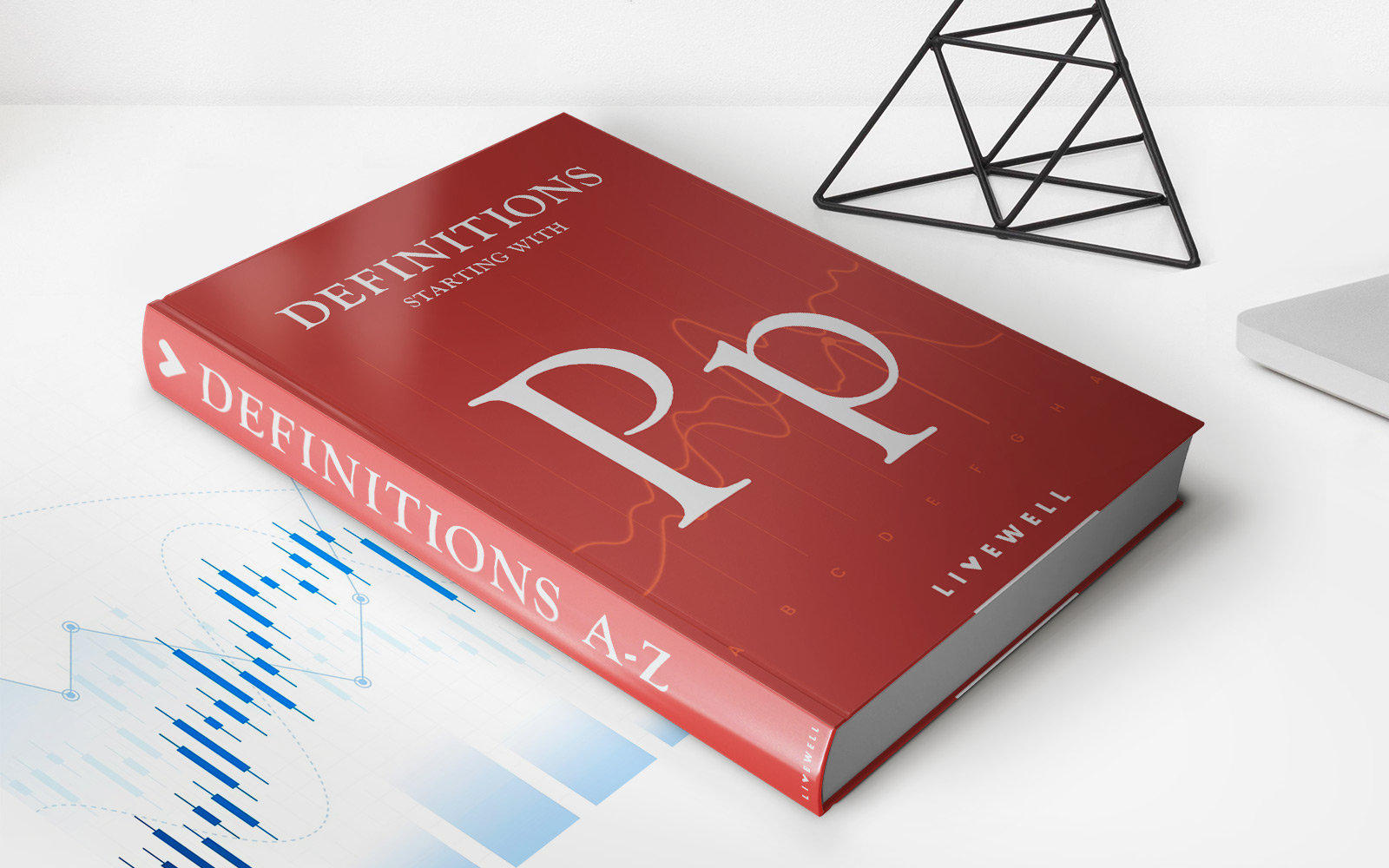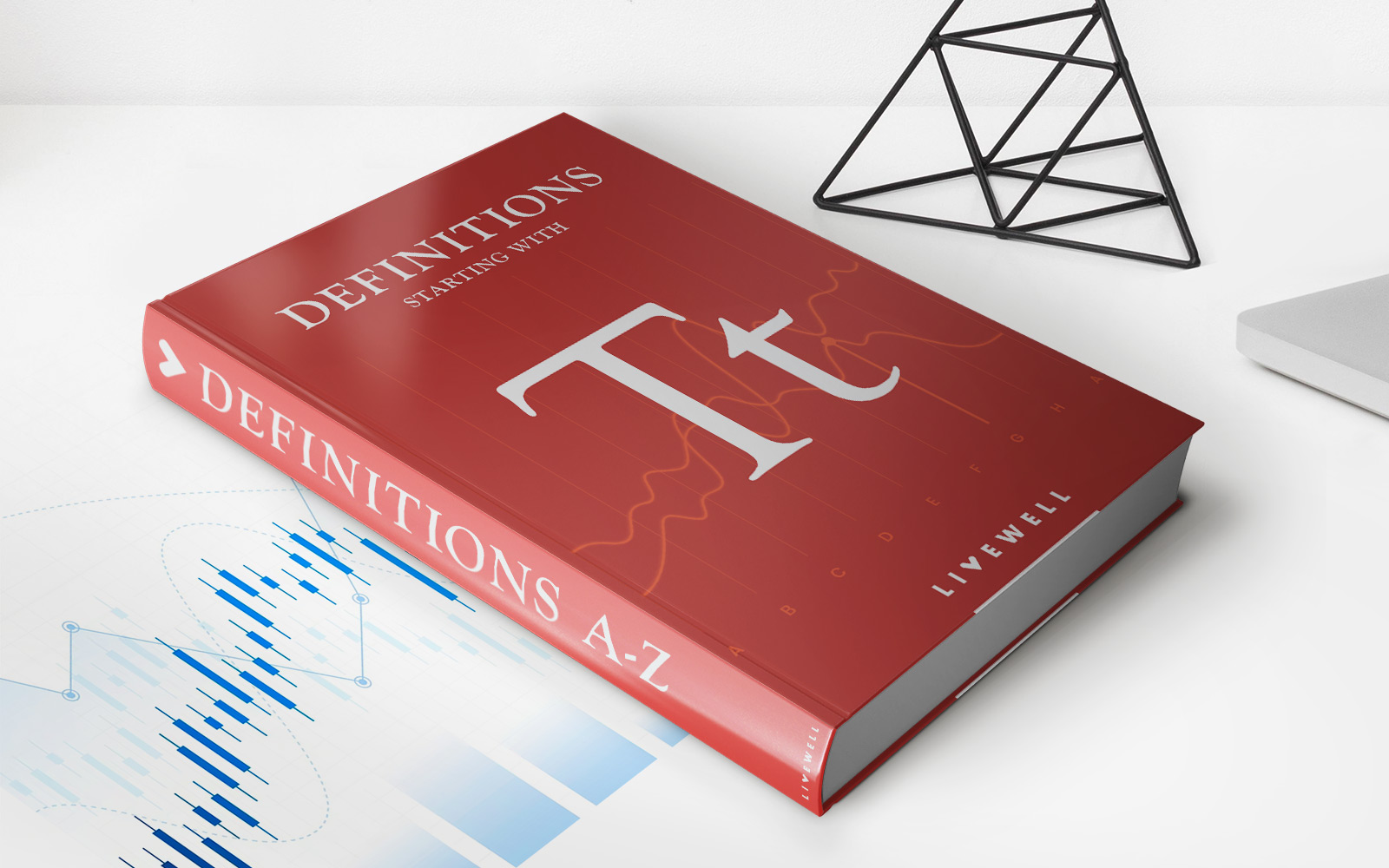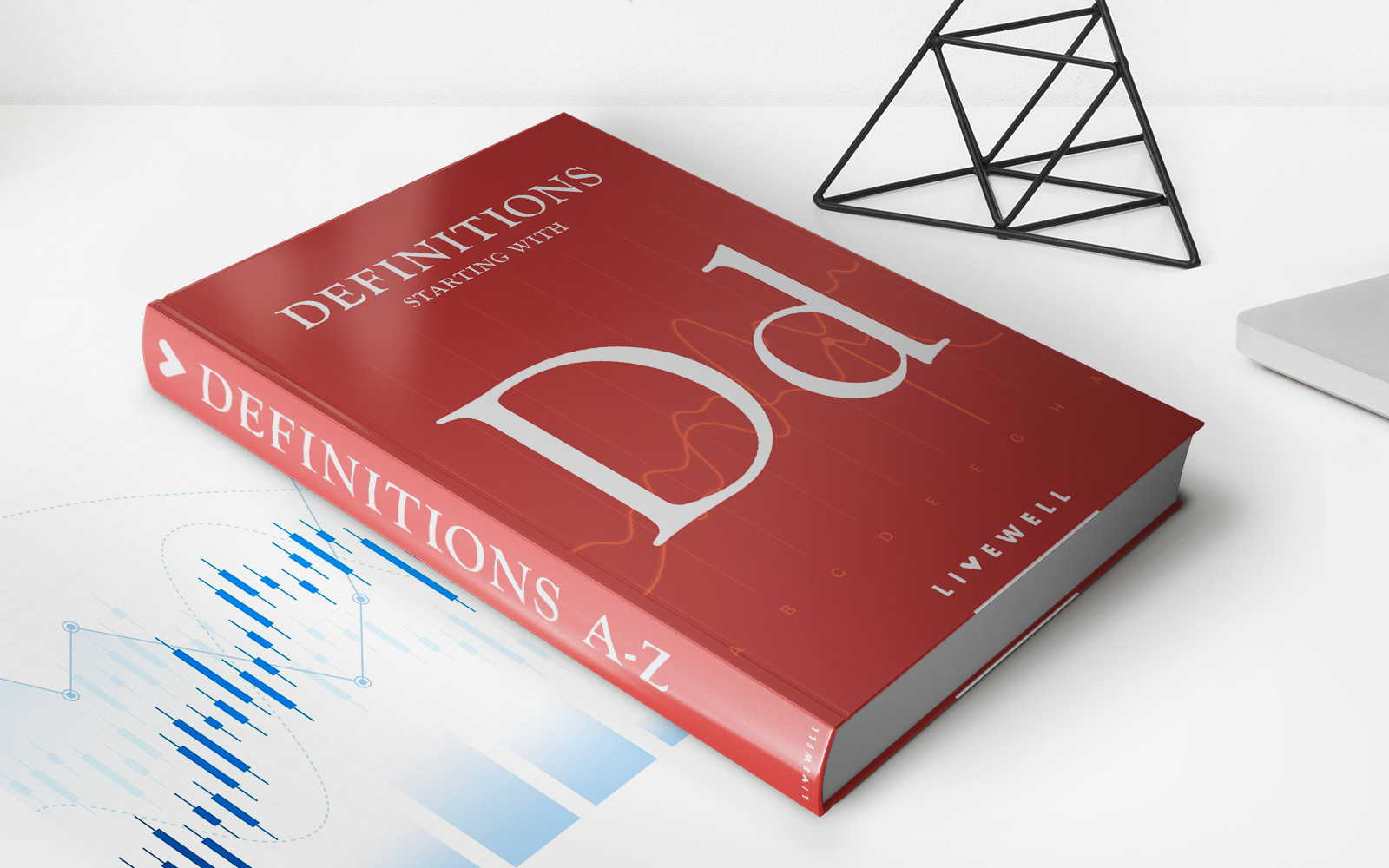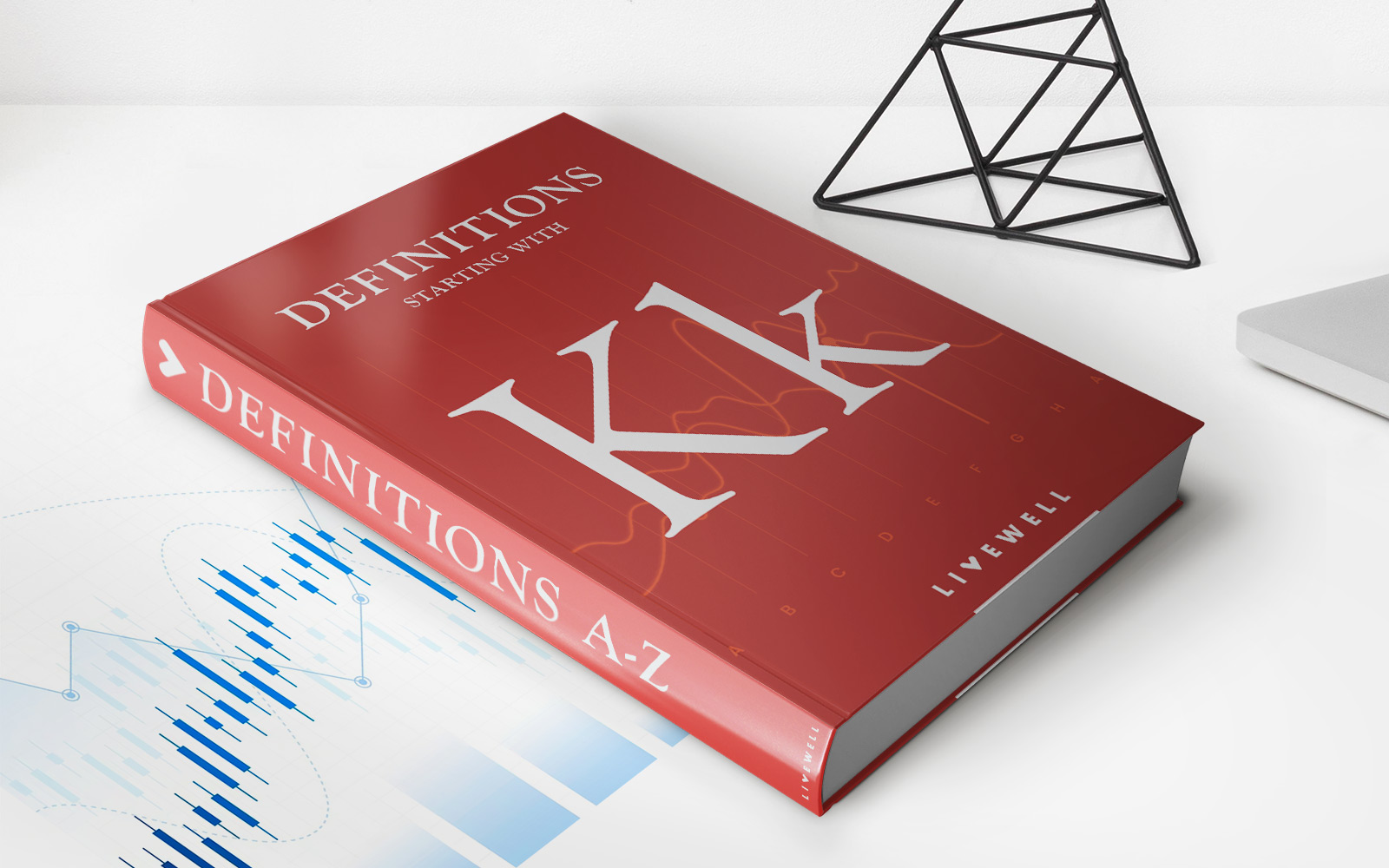Home>Finance>Call Protection: Definition, How It Works, Example


Finance
Call Protection: Definition, How It Works, Example
Published: October 21, 2023
Explore the concept of call protection in the finance industry: learn the definition, how it works, and get a real-life example. #FINANCE
(Many of the links in this article redirect to a specific reviewed product. Your purchase of these products through affiliate links helps to generate commission for LiveWell, at no extra cost. Learn more)
Welcome to Finance 101: Exploring the World of Call Protection
Have you ever wondered how investors safeguard their investments and ensure steady income? Well, say hello to call protection – a concept that forms the backbone of airtight financial planning. In this blog post, we will dive deep into call protection, exploring its definition, how it works, and providing a real-life example to help you understand its impact better.
Key Takeaways
- Call protection is a mechanism that offers investors protection against early redemption of bonds or other financial instruments.
- Common forms of call protection include lockout periods, restricted prepayment options, and penalty payments.
So, what exactly is call protection? Often referred to as “prepayment protection,” call protection is a mechanism embedded in financial agreements to safeguard investor interests. It prevents the issuer from redeeming or calling back a security before a specific period, ensuring the investor a consistent income stream and mitigating premature losses.
Now, let’s take a closer look at how call protection works. When issuing a bond or other debt instrument, the borrower and lender define the terms of the agreement. This includes specifying call protection provisions, which act as a safeguard for the lender. Typically, call protection can involve restrictions on prepayment options, lockout periods, or penalties imposed on early redemption to discourage the borrower from calling back the security prematurely.
For example, imagine a company issues bonds with a call protection period of five years. During this period, the company cannot redeem the bonds, providing investors with a guaranteed income for the stipulated time. In return, the investors have peace of mind and the opportunity to enjoy fixed interest payments until the call protection expires.
Call protection serves as an essential tool for investors, helping to manage risk and secure steady income. Whether you are an institutional investor, bondholder, or someone aiming to dive deep into the world of finance, understanding call protection is vital to make informed investment decisions.
In Summary
- Call protection is a mechanism that offers investor protection against early redemption of bonds or other financial instruments.
- It includes provisions such as lockout periods, restricted prepayment options, and penalty payments.
- Understanding call protection allows investors to mitigate risk and ensure a consistent income stream.
We hope this article has shed light on the concept of call protection, providing you with a solid foundation to explore the fascinating world of finance. Stay tuned to our FINANCE category for more insightful articles that demystify complex financial concepts and empower you to make informed investment decisions.
Remember, when it comes to your finances, knowledge is power.














